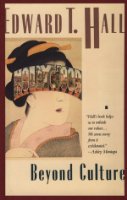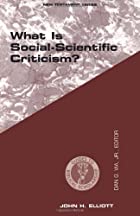 At some point in the not-too-distant future (we hope), you’ll be able to buy a new book, an anthology of papers related to Jesus mythicism. In it, you’ll find essays from the usual suspects, including Neil and me.
At some point in the not-too-distant future (we hope), you’ll be able to buy a new book, an anthology of papers related to Jesus mythicism. In it, you’ll find essays from the usual suspects, including Neil and me.
While neither of us would characterize himself as a mythicist (I still think of myself as an agnostic on the matter), we still hold that it’s a viable option that needs more research. Further, we’ve both been fairly outspoken on the poor scholarship and bad faith continually demonstrated by many anti-mythicists. Good theologians often make poor historians.
My paper is entitled: “‘Everything Is Wrong with This’: The Legacy of Maurice Casey.” Just to whet your appetite, here’s a small excerpt.
I would call your attention to perhaps the most common error in NT studies: confirmation bias. Our minds are wired to seek data that proves our arguments, which helps explain why Casey and many other scholars have discovered concepts like high-context culture, but have not followed through with due diligence.
If they had, they would have discovered that modern scholars have called Hall’s framework into question, and for good reason. It turns out that despite widespread approval from armchair sociologists, business gurus, and human resource directors, we lack the sort of research that definitively shows Hall was correct. A closer examination shows that he often relied on intuition and anecdotal evidence. In his writings, he neither described nor mentioned his methodology. Peter Cardon writes: Continue reading “Cultural Context and Confirmation Bias: Why We Loved Edward T. Hall”

